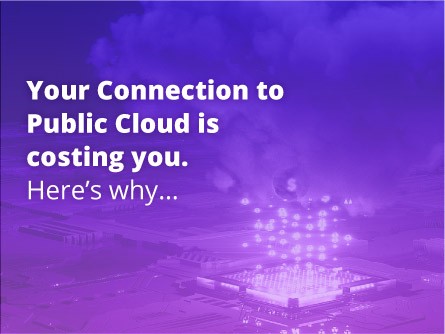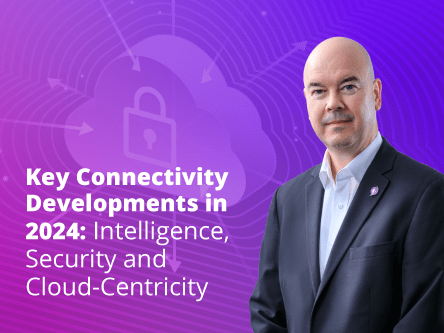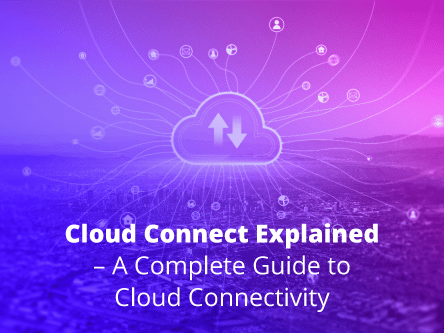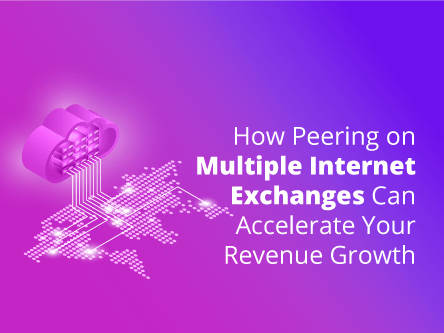Back in the early days of the Cloud, enterprises were wary about the implications of this emerging technology. Yet, with its flexibility and scalability, the technology soon matured sufficiently for many small and medium-sized businesses to migrate parts or all of their core business applications and IT workload into the cloud.
While many businesses are beginning to migrate more of their business functions to the public cloud, they are still relying on traditional open (public) internet services for access. Affordable and painless to deploy, such connections to the public cloud used to be considered fit for purpose for business use. Then came the spectacular headlines of Distributed Denial-of-Service attacks (Mafiaboy, Spamhaus, GiTHub, Dyn).
According to Akamai, the size of the attacks grow approximately six per cent on an annual basis, with the rampant use of botnets likely to break new ground in compromising services and data security globally.
Penny-wise Cloud Foolish
According to projections by Gartner, worldwide spending on public cloud services and infrastructure will reach US$210 billion this year. In spite of the low barriers to entry, using internet to connect to public cloud services can be more vulnerable in terms of security and performance issues.
Companies utilising low cost open internet connectivity to connect to their Cloud Service Providers (CSP) are vulnerable to inherent security risks, such as network hijacking, DDoS attacks, and various other external threats. The potential cost of exposing sensitive customer, business and employee data to malicious actors can be substantial, and in some cases fatal to the business.
The public internet access route does seem like a reasonable choice in terms of costs and features. But there are the intangible yet real costs of delaying the migration to better connectivity.
In a worst-case scenario when either the connection to the CSP (or the CSP itself) is disrupted or compromised, the cost of any serious outages and data breaches can cascade down the line and wipe out any long-term savings.
In the event of unforeseen service downtime and other problems, what price can businesses attach to the severe impacts on brand image and credibility?
Seeking Refuge in Private Connectivity
The best way to secure access to any Cloud service is to circumvent the public internet. Dedicated connections do cost more, but the outlay will bring peace of mind to any business in the long term.
Some streetwise enterprises jump into their digital transformation projects with gusto, but ironically with connectivity as an afterthought. The performance of any enterprise IT application hosted in the public cloud is integrally linked to the connectivity path on which it travels, and as such, there will be an ever increasing demand for direct connections to the CSPs.
Savvy enterprises can choose to connect directly to CSPs via three routes: directly from the CSP data centre location; from any interconnected data centre or office; or simply via a connectivity provider such as Epsilon.
For instance, a Software Defined Networking (SDN)-powered solution such as Epsilon’s Direct Cloud Connect allows enterprises to turn up a network service anywhere in the world and connect directly to multiple CSPs such as Amazon Web Services, Microsoft Azure, Oracle, Google Cloud or Alibaba Cloud. Dedicated connection facilitate high-speed, reliable performance coupled to strong security of a carrier-grade network. Bandwidth requirements are met at a granular hyper-scalable range and can be built from over 220 data centres internationally.







